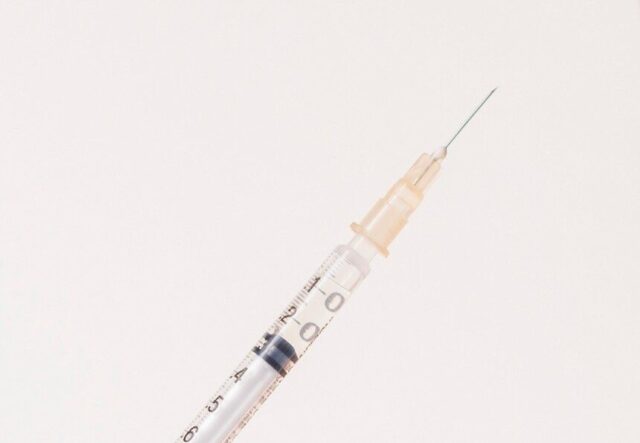Controversial Vaginal Cosmetic Procedure Leads To 2 Tragic Deaths Of South Korean Women

Two South Korean women in their 30s recently died after receiving vaginal filler injections, as detailed in a medical case report.

A 38-year-old woman, identified as A, lost consciousness twice shortly after the procedure and was rushed to the ER. Despite intensive treatment, she died 10 days later, with an autopsy revealing a large blood clot in her vagina and extensive filler blocking her blood vessels.

In a separate case, a 35-year-old woman, B, suffered cardiac arrest just minutes after receiving the injection while under sedation. She remained in intensive care for a month before dying from brain damage and pneumonia. An autopsy found filler-related embolisms in her vaginal blood vessels, leading to fatal complications.

The tragic news quickly gained attention from netizens who were appalled at the existence of such a controversial and dangerous procedure.
- “Why is the woman getting fillers when the issue is a small d*ck?”
- “What the hell… I came in here thinking this was about forehead fillers at most.”
- “Wait, people actually get fillers there? I seriously had no idea this procedure even existed until this article.”
- “Fillers… down there? What??”
- “Vaginal fillers? What even is that…? What’s the purpose? I clicked in thinking this was about nose fillers…”
- “Wow… is this seriously for men to feel more pleasure? I can’t believe it. At least facial fillers are for personal aesthetics, but this… is just for men…?”
- “Why would anyone go through such a dangerous procedure?”
- “What the f***… ugh.”

Experts warn that while rare, fillers can enter the bloodstream and cause deadly blockages, urging medical professionals to reconsider performing such risky procedures.